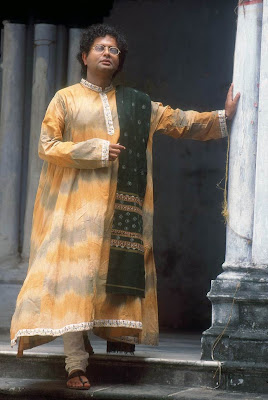
Among his many achievements, Ritu must be credited with being the first filmmaker to come out of the closet. The process of coming out started years ago.

uff jibonto
ReplyDelete